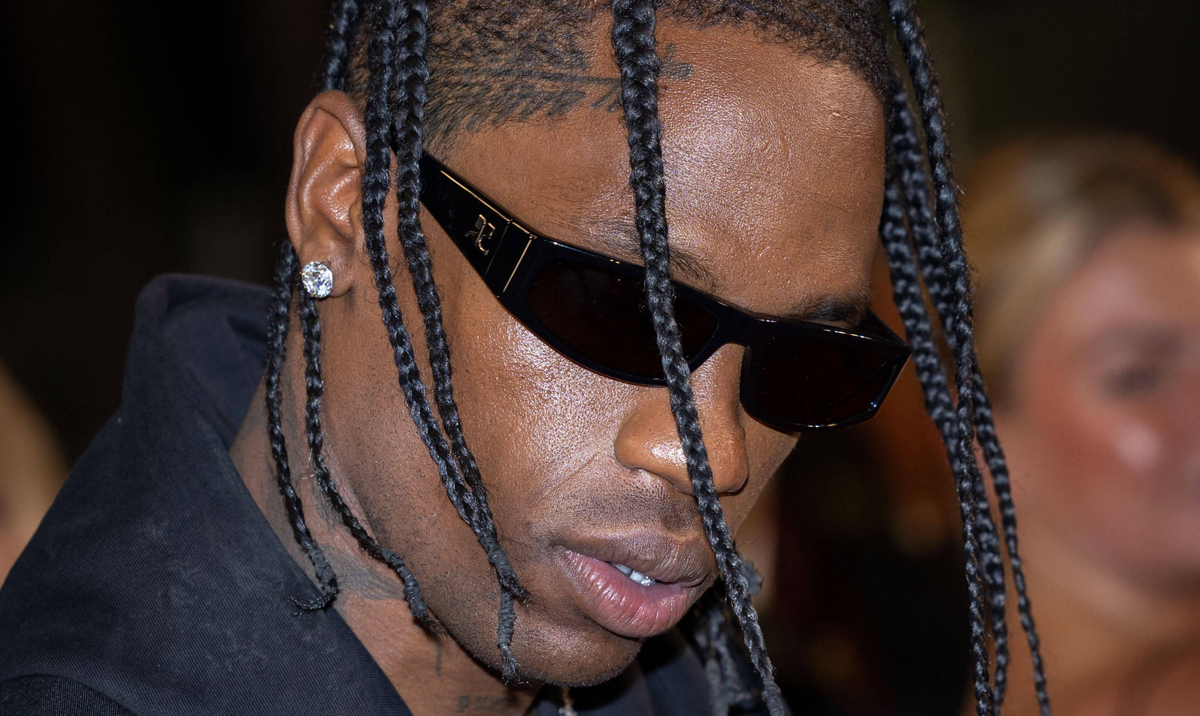Your Phone Can Tell When You’re Depressed
If you have a sore throat, you can get tested for a host of things
If you have a sore throat, you can get tested for a host of things — Covid, RSV, strep, the flu — and receive a pretty accurate diagnosis (and maybe even treatment). Even when you’re not sick, vital signs like heart rate and blood pressure give doctors a decent sense of your physical health.
No agreed-upon vital signs for mental health
But there’s no agreed-upon vital sign for mental health. There may be occasional mental health screenings at the doctor’s office, or notes left behind after a visit with a therapist. Unfortunately, people lie to their therapists all the time (one study estimated that over 90 percent of us have lied to a therapist at least once), leaving holes in their already limited mental health records. And that’s assuming someone can connect with a therapist — roughly 122 million Americans live in areas without enough mental health professionals to go around.
AI-powered apps for mental health
But the vast majority of people in the US do have access to a cellphone. Over the last several years, academic researchers and startups have built AI-powered apps that use phones, smart watches, and social media to spot warning signs of depression. By collecting massive amounts of information, AI models can learn to spot subtle changes in a person’s body and behavior that may indicate mental health problems. Many digital mental health apps only exist in the research world (for now), but some are available to download. Other forms of passive data collection are already being deployed by social media platforms and health care providers to flag potential crises.
How does AI detect depression?
To be formally diagnosed with depression, someone needs to express at least five symptoms for at least two consecutive weeks. However, researchers believe that depression symptoms change much faster and traditional treatments are usually very slow. AI models are being developed to detect subtle changes in facial expressions and behavior to predict early signs of depression.
What technology is already out there, and what’s on the way?
There are currently thousands of digital mental health apps, but only a few of them passively collect user data. Some apps track customized collections of symptoms over time, but they don’t do anything with the information collected other than showing it to the user. Other tools, like the Ellipsis Health voice sensor, predict depression and anxiety levels from the sound of a user’s voice during routine calls with a health care provider. Tech companies like Meta also use AI to flag and delete posts about self-harm and suicide on social media platforms


